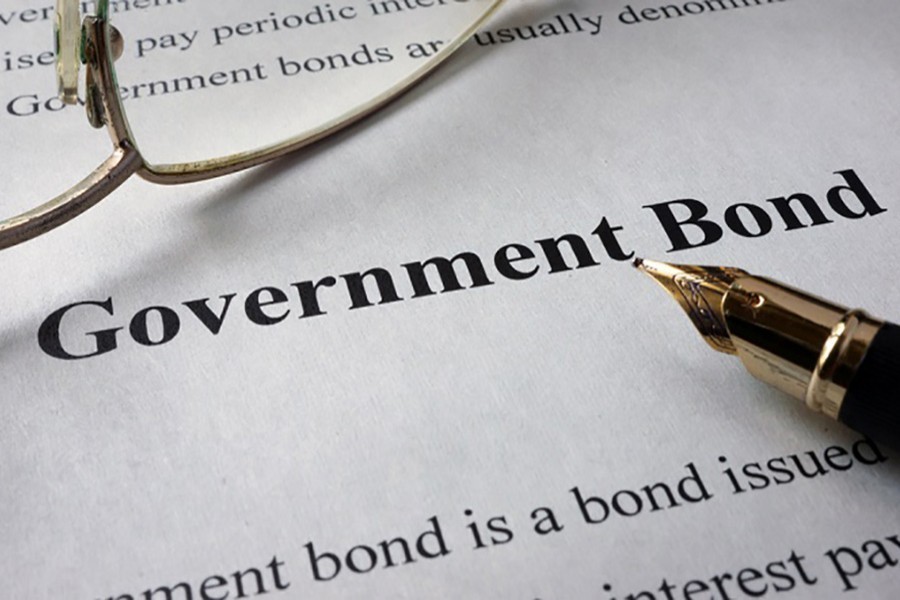Finance Minister Abul Maal Abdul Muhit has indicated that he is headed for the sunset of his political career. As he looks back he will have plenty to be proud of -- not least the country's elevation on to the threshold of a lower middle-income country. There were pitfalls as well led by a stock market that essentially went nowhere, the systematic plundering of banks and a heist of our foreign reserves that remains unsolved and unrecovered. With people losing confidence in the banking system leading to a fall in remittance, fearing investment in a volatile stock-market and deposit with banks, the common person's last hope lay in government bonds. And the Minister has promised that these bond rates will be adjusted downwards after the elections.
There was a time when revenue receipts were so poor that the government introduced multiple bonds to gather funds for development. Times have changed. Liquidity is more readily available as the burgeoning grey market spits up bits and pieces even with the huge capital outflows that have gone 'missing'. Banks are being challenged in attracting private deposits and bartered single digit interest rates only after being assured of larger investment of government's own money. This creates a whammy of sorts. Prevailing interests on bonds have been blamed by banks for not being able to find money to loan businesses. That it isn't the case is made bare by the fact that non-banking Financial Institutions (NBFI) are flourishing and businesses are paying higher rates simply because of simplicity and less complex processes. Somehow the political influence on loans that turn out to be delinquent doesn't work the same way with the NBFIs.
There was an outcry when a suggestion was made to force retirement benefits be invested in banks. Thankfully better sense prevailed. Had the Minister had his way the interest rates would have been reduced on bonds but there was strong opposition from the treasury bench as was the case with the new VAT law. It is an unpopular law that can be made more palatable provided the gross unfairness of tax on tax and non-value addition being taxed is removed. Through this column several examples of making VAT more acceptable has been listed. These include lower VAT rates for home energy and water and on unprepared to cold meals versus hot meals. Addressing the gross anomaly of a combined 22 per cent tax on take-away food is another unfair practice that cannot compete with takeaways from roadside restaurants.
The documentation required for purchasing bonds are stringent enough to differentiate between retirees and pensioners and working persons. With National Identification and Smartcards in vogue, the Finance Minister can through a small effort identify fixed earners and more affluent earners. Interest rates that don't match actual inflation just cannot be imposed if the word fairness is to mean anything at all.


